Why this director doesn’t want you watching his films on a mobile phone
- French director of The Sisters Brothers, Jacques Audiard, says: ‘If I’m going to make a film to be viewed on a mobile phone, what are films for?’
- Filmmaker also talks about women’s representation at film festivals, his ‘French Scorsese’ nickname, and his biggest influence – Fritz Lang’s silent films
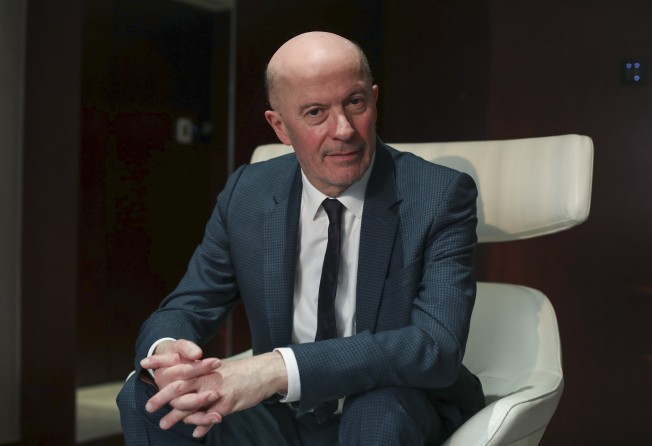
Jacques Audiard hasn’t looked back since he reached the pinnacle of world cinema with his brutal prison thriller A Prophet (2009), winner of the Cannes festival’s Grand Prix, eight Cesar Awards – the French Oscars – and more. After two equally acclaimed films (2012’s Rust and Bone and 2015’s Dheepan ), the French writer-director has come up with his first English-language feature, The Sisters Brothers.
Based on Canadian Patrick deWitt’s novel of the same name, Audiard’s neo-Western was shot in Romania and Spain, including locations in Almeria, southeastern Spain, where Sergio Leone made some of his classic Westerns. The film revolves around two assassins (played by Joaquin Phoenix and John C. Reilly) who track down their next target (Riz Ahmed) during the 1850s Gold Rush with the help of a detective (Jake Gyllenhaal).
Having won the Silver Lion for best direction at last year’s Venice film festival and four Cesars, including the award for best director, Audiard brings The Sisters Brothers to the Hong Kong International Film Festival.
He talked to the Post about his career, the state of film festivals and the future of cinema.
Going from Dheepan to The Sisters Brothers, you have moved from working in a language few people know (Tamil) to an almost universal language (English). How does language affect your filmmaking?
For sure there’s an impact – and that’s also what I wanted. If I continue to make films in an environment in which I understand every word that the cast and crew members say, there’s a risk that we will soon be bored by each other.
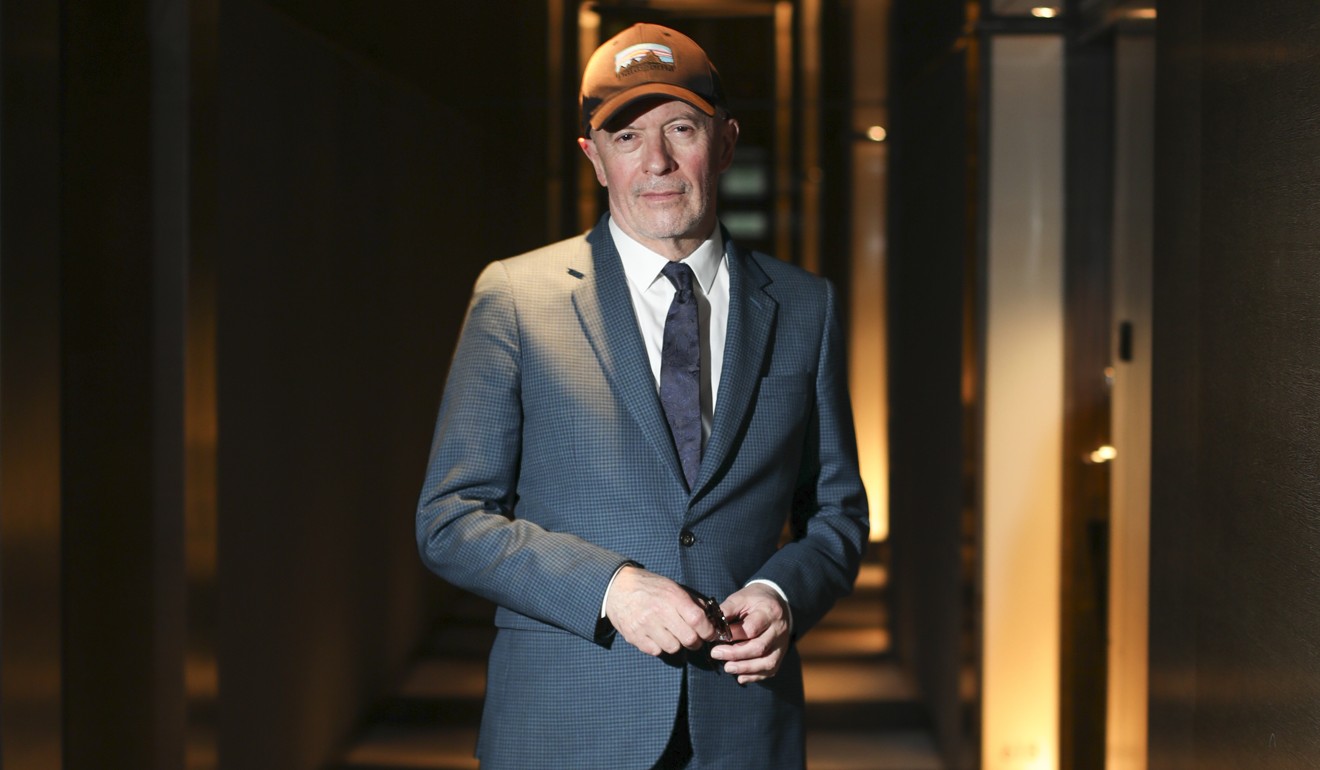
Because your films are not always about middle-class white males, you have perhaps also brought some diversity to French cinema.
It’s not only the French [that are lacking diversity], is it? [Laughs] I’m so sorry.
Do you take extra pleasure in telling stories about minorities?
Yes. My preference is always not to make a film about a subject that’s similar to me or in a similar situation to my own. It’s rather a curiosity to understand someone different from myself that has guided me to pick the subjects of my films. … Making films is a costly exercise, so if I keep doing the same thing that I already know all about, I just don’t have a reason to go on.
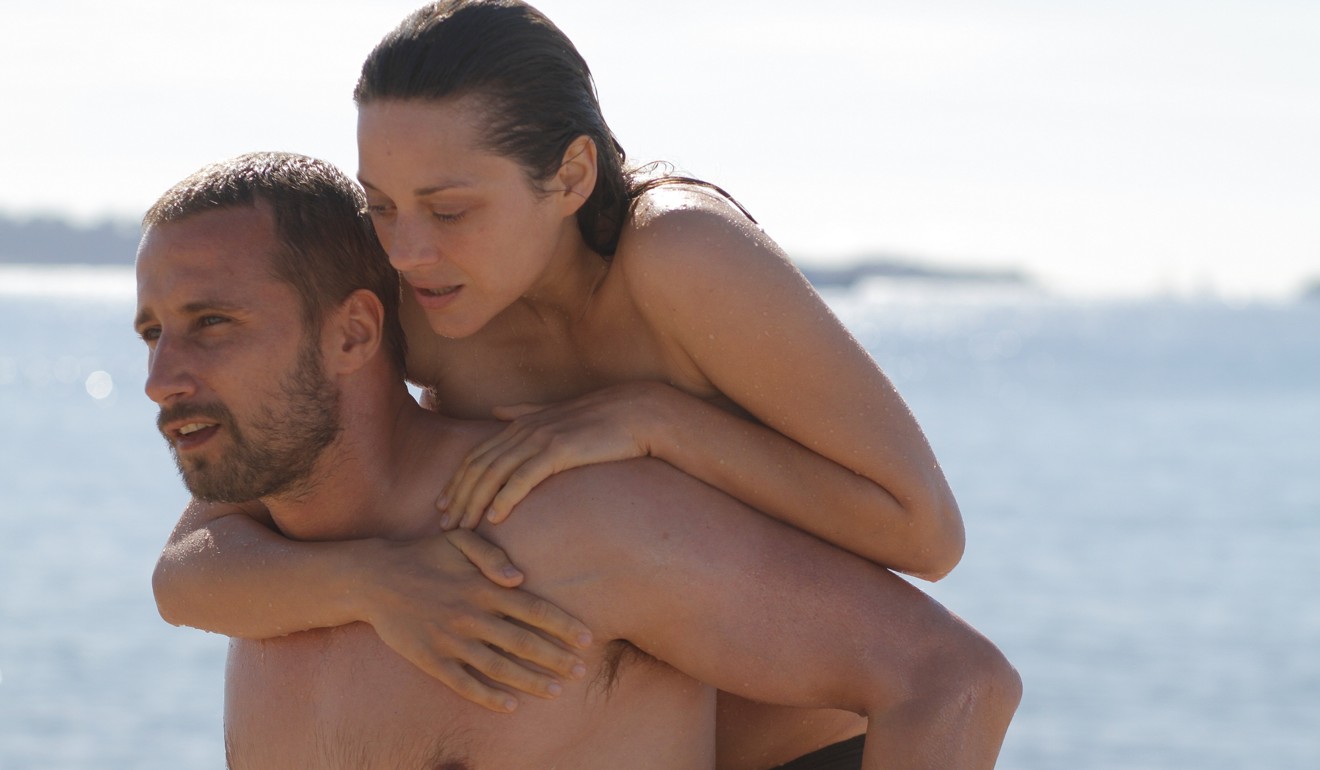
It was wonderful to see you call for greater representation of women at the Venice film festival last year. But one of the popular counter-arguments put forward by festivals was that they’re selecting films on merit, and not the director’s gender, and so they cannot be the one to take the blame. What do you make of that logic?
From my over 30 years of experience of working with the festivals, I know for a fact that the selection committees are masculine. There are only men in the selection committees. The fact is that there’s no equality in this regard.
Have you seen any changes since you spoke out?
Recently, the composition of the Cannes Film Festival’s selection committee has become public information, and the Berlin festival is also in progress to do that. Before, the composition of a selection committee was confidential, but now it’s more open and everyone knows who’s in it. We now know the representation of the two genders at the festivals.
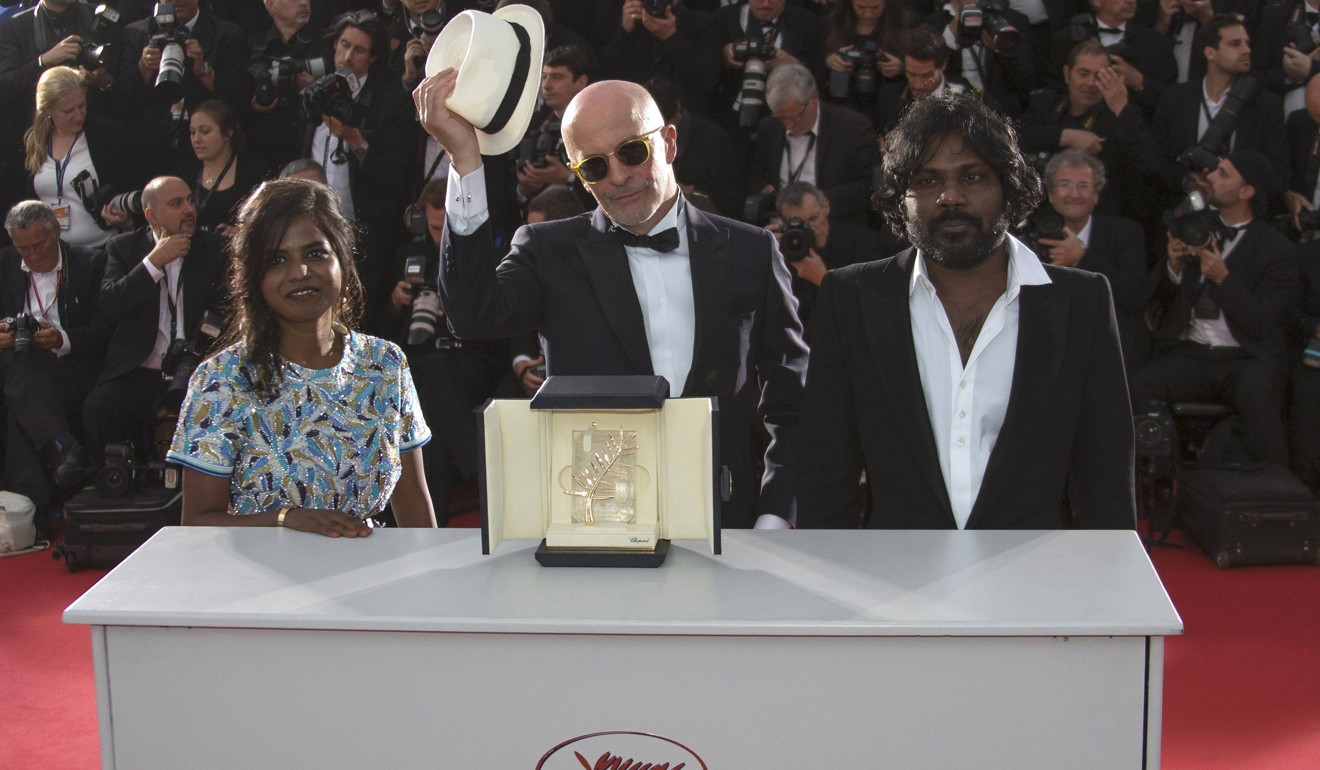
I remember reading a report last year that you would no longer go to Cannes. Is that the case?
I will still go to Cannes; I just don’t want my films to be in competition any more.
Will your upcoming films compete at any other festivals?
I don’t want to compete at any festival – not any more. I’m already 66 years old. I have received many awards before, including the Palme d’Or in Cannes [for Dheepan]. I think it’s a unique and important achievement. But to ensure that it keeps being unique, it would be better to have just one.
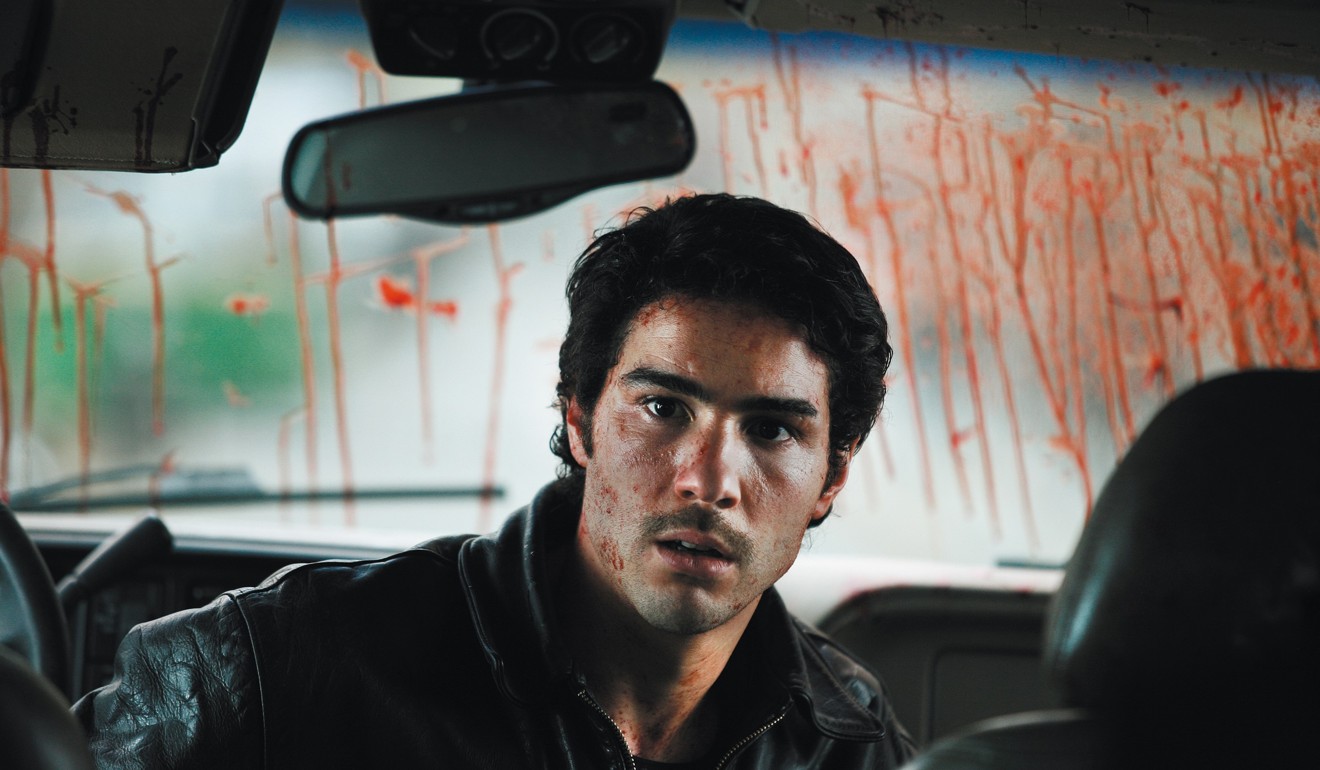
In French cinema there are mainstream genre films, and art-house films by auteurs. Your films are pitched somewhere between the two. Is this positioning a conscious decision?
I think your description is very precise, but this is not what I aimed for. It’s only the critics who come up with my positioning. From project to project, I look for subjects that I’m interested in, rather than projects that fit into this positioning. If I were to describe myself, I would say that my style is very French. I love French cinema a lot and my taste is very French.
But as many viewers have noticed, American crime movies do appear to have a considerable influence on your films.
I don’t know if I want to demythicise this critique about me. Some people also call me the French Scorsese. I love Martin Scorsese’s films, but I have no idea what it means to be labelled that. I watch a lot of films and my inspirations come from a great variety of films, from Italian and German to Asian films. If I have to point out some of my influences, I would say it’s the silent films that I watched when I was young, like those by Fritz Lang.
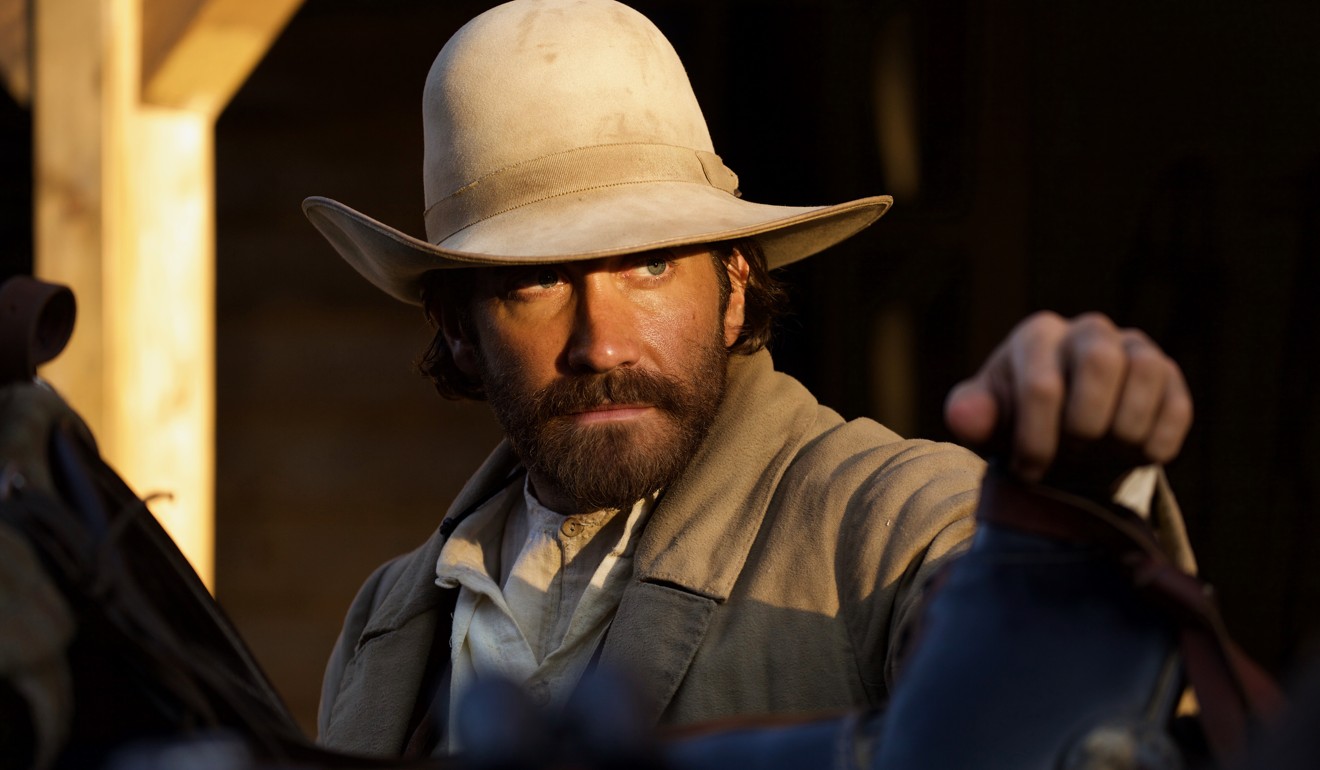
Are there Asian directors that you follow?
It’s hard to say which directors in particular that I follow, as in general, I watch a lot of films from Asia, from Wong Kar-wai to Hou Hsiao-hsien. I’ve followed the works by many Hong Kong directors, such as Johnnie To and Ringo Lam. It’s hard to pick just a few.
You started directing relatively late, when you were around 42. Did it surprise you that you rose so quickly – you’re sometimes described as France’s greatest living film director?
“Living”, I’m not sure. [Laughs] But really, I would never call myself that. I really don’t know how to respond to this question. If we shoot a film on the streets of Hong Kong and I tell people that I’m the greatest French director, I don’t think anyone would care, either. Or maybe I’ll get a free beer.
Will you keep on making films indefinitely? Or have you set yourself some targets to meet, after which you’d relax and maybe retire?
Retire? No. I do want to continue to make films. But first of all, cinema itself has to evolve and change [for the better]. The format of films has changed. I’m not sure that it’s okay to watch a film on mobile phones. If I’m going to make a film to be viewed on a mobile phone, what, then is the definition of cinema? What are films for?
I watch a lot of films from Asia, from Wong Kar-wai to Hou Hsiao-hsien. I’ve followed the works by many Hong Kong directors, such as Johnnie To and Ringo Lam
Would you be disappointed if people watch your films on a phone?
Yes. And if you [were in my shoes], you’ll be disappointed too. When I spend 10 years or 20 years on a film project, it’s not for something to be viewed on a mobile phone.
What’s your next film going to be?
It will be a musical comedy in English. We’ll be shooting in the US and Mexico. I’m now writing the screenplay. I may not be casting famous actors for this project. It will be about music and songs, but I don’t know if there’ll be dance sequences in it yet – we’ll see. It’ll be a very colourful film.
Want more articles like this? Follow SCMP Film on Facebook